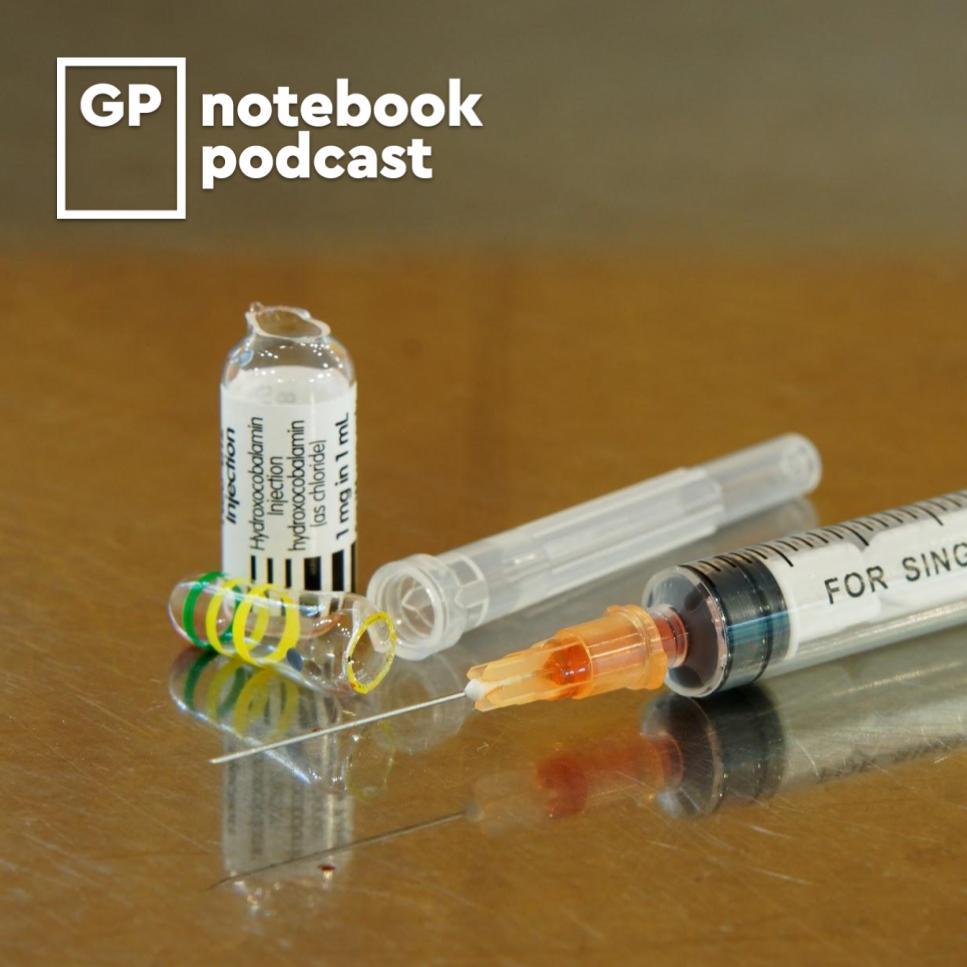Ep 19 - Investigating vitamin B12 deficiency and pernicious anaemia in primary care

Posted 22 Oct 2020
In this episode, Kevin examines some common questions regarding vitamin B12 deficiency. In whom should we suspect it? What investigations should be carried out in primary care? How is it associated with folate deficiency? Once a deficiency in vitamin B12 is detected, how should it be managed? Finally, what approach should be taken during the current COVID-19 pandemic, when intramuscular administration of hydroxocobalamin may be challenging?
Key references and resources discussed in the episode:
- Mohamed M, Thio J, Thomas RS, Phillips J. Pernicious anaemia. BMJ. 2020;369:m1319
- Sukumar N, Saravanan P. Investigating vitamin B12 deficiency. BMJ. 2019;365:l1865
- British Society for Haematology (BSH) guidance on vitamin B12 replacement during the COVID-19 pandemic
- NICE Clinical Knowledge Summary on anaemia – B12 and folate deficiency
- Pernicious Anaemia Society
Key take-home points from the episode:
- Vitamin B12 deficiency may be:
- Nutritional/dietary (e.g. veganism, frailty).
- Gastrointestinal/malabsorptive (e.g. bariatric surgery, pancreatic insufficiency, inflammatory bowel disease).
- Drug-induced (e.g. chronic proton pump inhibitor and H2 receptor agonist use, metformin, combined oral contraceptive pill).
- Autoimmune (i.e pernicious anaemia).
- All those with a diagnosis of pernicious anaemia are at increased risk of atrophic gastritis and gastric malignancies and therefore should be referred for a gastroscopy at diagnosis.
- Neurological sequelae of vitamin B12 deficiency can occur in the absence of anaemia or other haematological abnormalities. Therefore, we should consider checking B12 levels in anyone with these neurological signs or symptoms.
- B12 and folate deficiency can co-exist, particularly in malabsorptive states or in the case of nutritional deficiencies. Check and correct any B12 deficiency before prescribing folate supplementation. Folate supplementation can mask the haematological manifestations of B12 deficiency leading to the neuropsychiatric complications.
- If there is evidence of neurological involvement, we should initially administer 1 mg hydroxocobalamin intramuscularly (IM) on alternate days until there is no further improvement in symptoms, then given 1 mg IM every 2 months.
- For those with dietary B12 deficiency, the NICE CKS suggests that people take oral cyanocobalamin 50–150 mcg daily between meals or have twice-yearly 1 mg hydroxocobalamin IM injections.
- Check a full blood count for everyone on metformin as part of their annual review, and only check vitamin B12 and folate if a macrocytosis becomes evident or any symptoms or signs of deficiency develop (e.g. peripheral neuropathy).
Create an account to add page annotations
Add information to this page that would be handy to have on hand during a consultation, such as a web address or phone number. This information will always be displayed when you visit this page